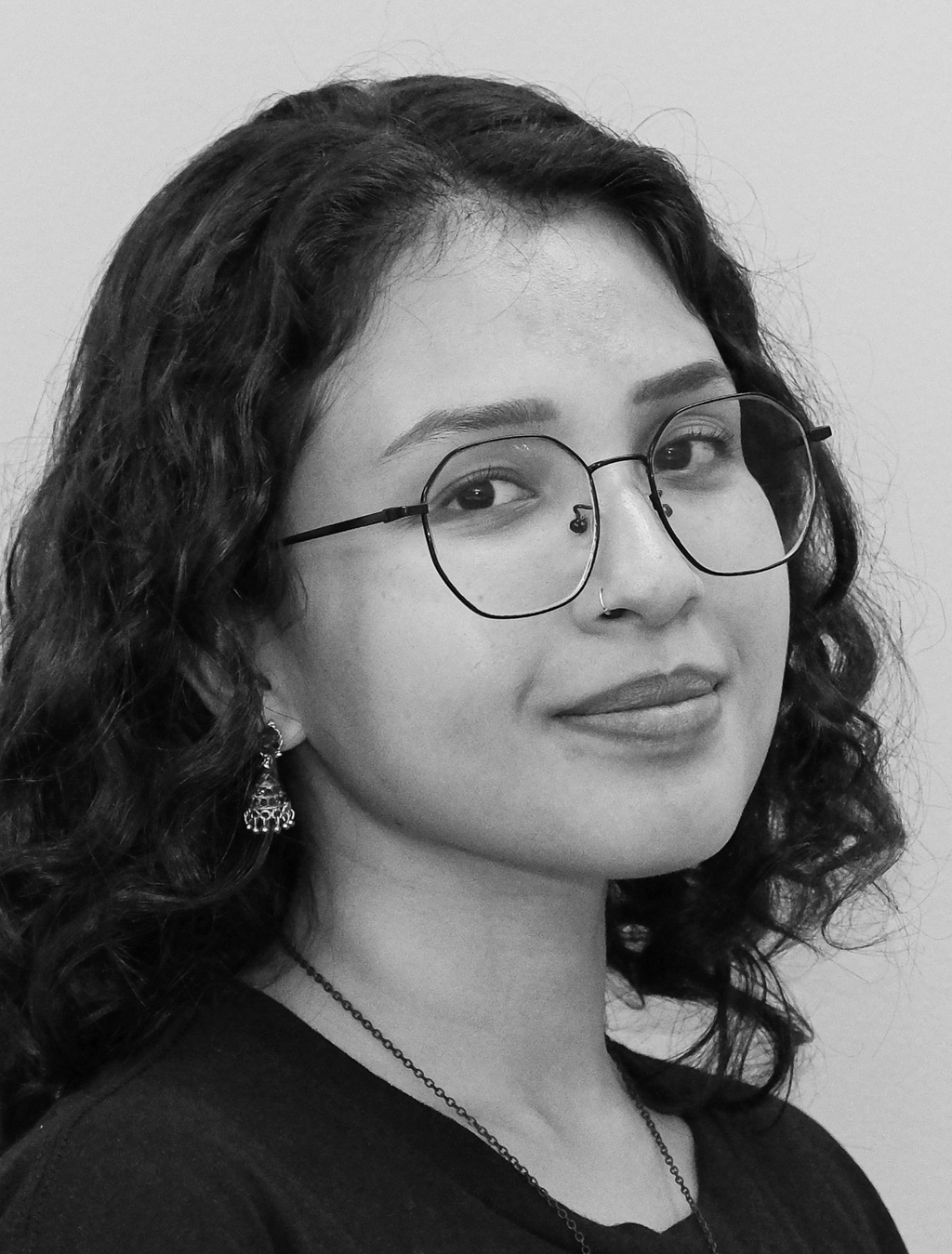KUALA LUMPUR – The government has no intention of blocking the local operations of social media platform providers found to have breached established laws, assured the Malaysian Communications and Multimedia Commission (MCMC).
MCMC commissioner Derek Fernandez said that authorities will not resort to such extreme measures to punish them, adding that restricting people’s access to social media sites will not benefit either party in the long run.
“Ultimately, the government has the power to stop the platform (from operating in Malaysia), but the moment we stop it, everyone will suffer from digital withdrawal syndrome and complain,” Derek said in jest while speaking as a panellist at the International Regulatory Conference (IRC) 2025 today.
“We don’t want to do that. We have the power to block them or stop them from operating in the country, but we don’t want to do that.
“Our country is business-friendly and technologically neutral. We’re of the stance that everybody is welcome to do business here, but there must be respect for our laws in order,” Derek, who is also MCMC’s Online Harms and Information Security Committee chairman, added.
Derek was addressing a query from a member of the audience about whether platform providers that choose not to follow stipulated guidelines, leading to an increase in cybercrimes, will be held liable for their actions.
Derek was part of a panel discussion titled ‘International Cooperation in Online Regulation: Reflections on Practice’, which was moderated by MCMC chief corporate and international officer Syahrilazli Mahammad.
Other panelists who provided input during the session were Marcel Fleury Pinto, advisor of enforcement superintendence for Brazil’s National Telecommunications Agency, and Dian Wulandari, economic, information, and postal operation chief for Indonesia’s Communications and Digital Affairs Ministry.
Derek said that similar to laws in Malaysia, regulations in Brazil and Indonesia also afford their governments the ability to restrict users’ access to social media platforms, particularly when rules are found to have been breached by unscrupulous individuals.
Last month, Indonesia’s Communications and Digital Affairs Ministry took action against 221,116 digital content, social media accounts, and sites found to be endorsing online gambling, which is a crime in Indonesia.
Speaking at the forum, Dian noted that while Indonesia is willing to negotiate some leniency for digital sites that are able to comply with legal requirements within a certain amount of time, the nation has “zero leniency” for online gambling and will enforce an “outright ban” on those found perpetrating the crime.
At the same time, Brazil imposed a nearly two-month ban on tech billionaire Elon Musk-owned social media platform X after the site, which has over 22 million users in Brazil, failed to comply with the country’s laws.
While the platform was blocked in August last year due to Musk’s failure to name a local representative and pay millions of dollars in fines, a supreme court judge lifted the suspension in October after Musk acquiesced to the requirements.
It was also reported that Musk had begun complying with the court’s orders by blocking certain accounts named by the judiciary for misinformation and extreme content.
Meanwhile, Derek said that while there is no question about the benefits provided by social media platforms to the public and the economy, there are times when these benefits are misused by irresponsible users.
As such, he reiterated that the government’s move to introduce a licensing requirement for social media platforms with more than eight million users here is aimed at ensuring that the public is protected from online crimes ranging from scams to child exploitation.
Asserting that the licensing should not be considered an “onerous” matter for social media platforms, Derek said that discussions are ongoing with X and Google representatives over their respective issues with the move.
“X says that they have not achieved eight million subscribers here, claiming that they only have seven million users in Malaysia. We’re verifying this to make sure that the numbers we have on X users don’t include fake accounts or bots,” he said.
“Google has taken a legalistic position that YouTube is not a social media platform, but it must be understood that the amendments to our Communications and Multimedia Act 1998 don’t just cover social media sites, but also online messaging platforms,” he added.
Yesterday, it was reported that service provider Telegram has been granted an Application Service Provider (ASP) C Licence to operate in Malaysia, making it the third platform to be licensed after WeChat operator Tencent and TikTok’s ByteDance.
Communications Minister Fahmi Fadzil said then that Meta, which operates Facebook, Instagram, and WhatsApp, is currently still in the process of submitting several documents before obtaining a licence. – January 7, 2024


